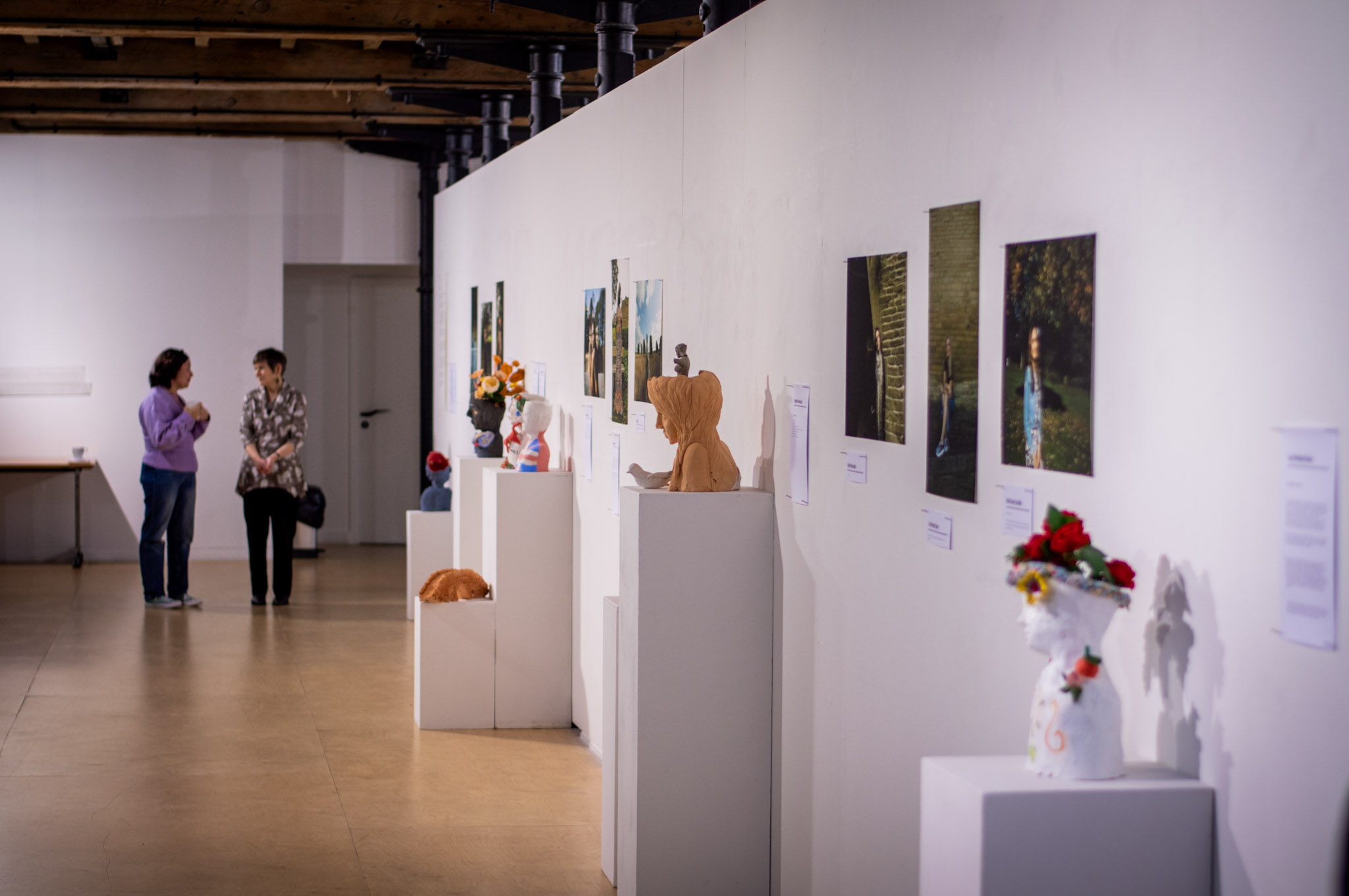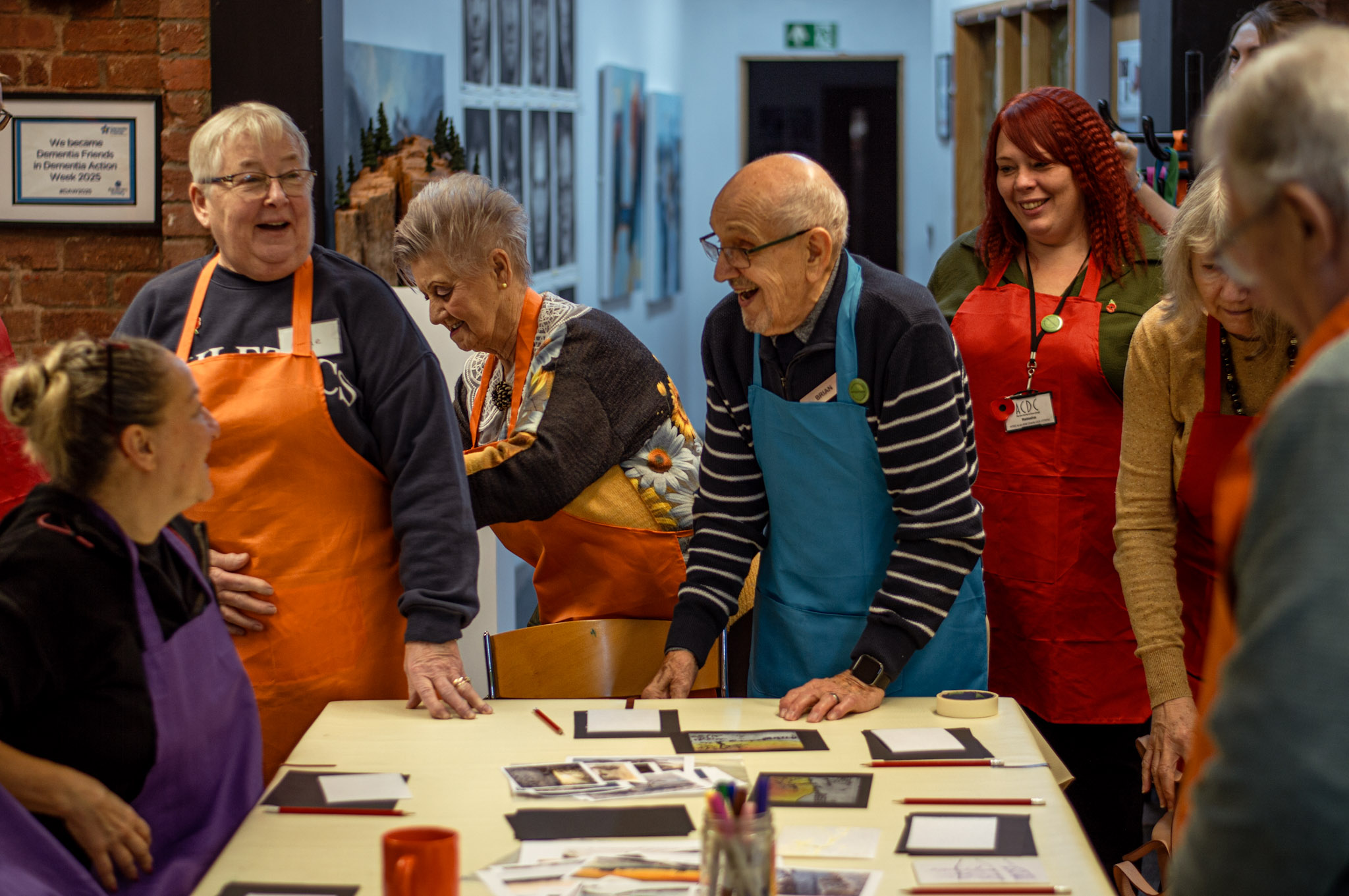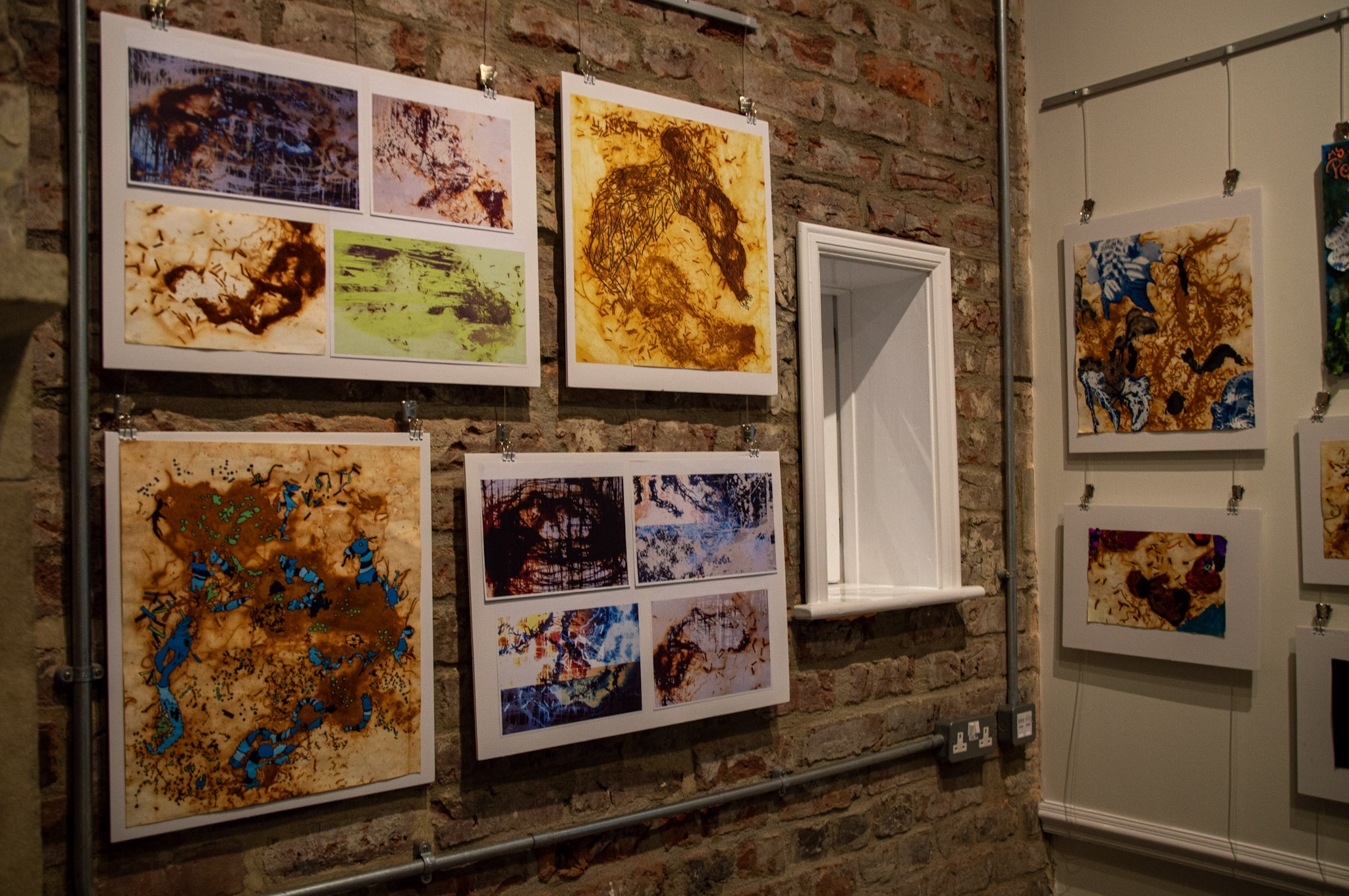As part of CultureDale 2024, we are looking to spotlight local talent across a range of creative mediums; from theatre and dance, to music and more!
Below, we interviewed writer and performer Jaden Adams about his fantastic solo theatre show Transparency: A Northern Tale of Transition, written and performed by Jaden, supported by mentor Olwen May, writer Mary Cooper, and director Francesca Murray-Fuentes. Praised as "Moving, funny, and genuinely insightful" by Northern Soul - among a wide array of other positive reviews - the show delves into the challenges of transition within a northern family, utilising relatable humour and heart-warming vulnerability to break down barriers to dialogue around being transgender.
As a solo show, Transparency revolves around Jaden's depictions of multiple, unique characters, who all bring their own perspectives to the central story of transition. Through this, the door is opened for many questions that people may not openly ask. With accompanying workshops that aim to radically reduce the stigma associated with trans and gender non-conforming people through open and growth-oriented conversations, Transparency delivers an authentic and emotional performance that raises broader questions about gender, identity and inclusion.
After a successful 2023 tour, Transparency is now available to watch online! Take a look at the trailer below and read on to learn more about the process of creating this raw and radically expressive show, you can find everything you need about the show on the Transparency website here.
What were your motivations for writing Transparency?
My motivation was to create theatre that felt relevant and accessible to working-class people like me, based around a transgender lived experience that is unfortunately still dividing families and communities. I was disturbed at the level of misunderstanding and dehumanising words on social media and in public debates about the trans male experience - the conclusions and presumptions made are unsettling and really out of sync with my experience. I wanted to show the humanity and everyday reality of being a working class transgender male living in a society and family that have no clue what to do about it, and journey through their struggles together. I wanted the show to be real with no frills- unlike the celebrity stories and influencers on social media. I wanted it to be relatable so people can start understanding each other and talking to each other. Too many times I heard people categorise a person by their “transness”- we are people, with lives and everyday struggles too, we may hurt a little differently but we also have joy too!
Each character has a unique emotional intensity attached to the performance, and you’ve said elsewhere that the show isn’t explicitly autobiographical but based on composites of people you’ve come across. How did you find the process of crafting these nuanced, sometimes well-meaning, but often prejudiced characters?
I wanted the characters I was representing to have their space. The characters are representations of people I have met, grown up with, and worked with. I tailored their situations and emotional intensity to feed the show but also to feed the truth - as if no one was going to tell them “you can’t say that”.
I wanted to delve into the unfiltered opinions from those characters because that is where the truth is, that is where we can understand their thought processes and the pain behind their actions and words. This, at times, was a very difficult process as I explored my internalised transphobia, shame, disgust, and fear. What is in someone else is in us all and I was willing to go there so that I could speak to every single audience member in the room. That was the work I wanted to do.
I wanted to reflect people's well-meaning nature in spite of the hurtful words that can come through a lack of knowledge. People have many sides, a complexity that is simply human, with love for the people around us and the pain they cause in the same breath. It was important for me to bring understanding to the prejudice. A message from the trans community to say we understand you, it hurts us and you don’t quite understand.
Overall the process for me personally as an actor was transformative, challenging and deeply engaging, it took all of me to embody a maternal female mother. That was the hardest part, but as a committed actor I never refuse an opportunity for radical growth and deepening my craft. As a writer, I was able to take understanding from all sides of the story, all sides of the family and have this unique neutral stand point between them… even looking at myself from above. It was a unique opportunity to be able to hold something so close to me and work at it with such intensity and still stay well. I am proud of myself for diving so deep and committing to the work.

Jack’s scenes in Transparency are primarily set in his bedroom, with the clothes used to embody different characters strewn around the room. Keeping the clothes in view, involving them in Jack’s monologues, these acts enhance that sense of performativity woven through the play. Why did you choose this specific setting for the bulk of the play? And how did other themes influence your decision?
My main aim for my work is to have no distance between us. I want the audience there in the story, with the characters, living together in the same space for a short time. I chose the bedroom setting because there is no more intimate space than the bedroom, how we move around it, how comfortable we are, how we act and how we let ourselves go in the bedroom is entirely different to any other room! So it was the perfect aid for bringing the audience in closer. I wanted to let the audience in to a real tender, personal time in Jack’s life and see through their stories and assumptions.
Changing clothes on the live show had to be as seamless and easy as possible and where they start and end up has to be intentional. It was a task that required so much planning, crafting and repetition. It also needed to be simple and easy for us to pack up. The clothes strewn around the room were an aid to Jack’s emotional journey, how he throws them around, what he does with them and with his hands always tells the audience what is going on inside. Nothing was left unused on the set; nothing was without meaning and intention behind it. The furniture in there had certain emotional links with Jack, how he moves around that room was crafted in very minute steps. I spent hours repeating lines asking my body where it would organically go in this moment and where would it want to be in the next. I opened Jack’s drawers what felt like a million times at different points to see how he would open them when he felt certain ways, the audience needed to believe he was in his bedroom, so how he treats his furniture is paramount!
Being working class and having, like Jack, also lived with my nan for a couple of years, there are wonderful and hilarious dynamics that can be explored in and outside of the bedroom. Jack's only space is in his nan's spare room. It's basic, working-class, and realistic.

The intersections between class and gender identity are always present in Transparency, particularly when examining the ‘kind’ of man that Jack wants to be. Did you always intend on having Jack be from a working-class background in order to highlight these intersections?
I absolutely did intend Jack to be working class and especially northern. It’s a particular experience you don’t hear of and it needs representation for our families and communities to reach understanding as we need to live together regardless of our differences.
My background has strong links with working-class males and it has certainly been eventful, frightening and brutally honest, while also being hilarious (afterwards). I wanted to bring this in because of the nuance of trying to fit in like any other person! But trying to pass and stay safe as a male really brings its particular struggles. You simply wouldn’t know these if you weren’t closely in touch with a trans person.
I wanted to really highlight how the majority of males are treating each other, their toxic culture and how it affects them and their relationships. Again, with utmost compassion and understanding. Most truly mean well and just want to know the ins and outs, but it's super triggering for us to be the ones always spoken about. It requires care and awareness when a transgender person is trying to do the dance of passing in public, staying safe and not wanting to stand out at the same time as just wanting a beer with his mates.
I believe I heard a reference to the nursery rhyme ‘The House that Jack Built’, famous for being a cumulative tale that slowly reveals the nature of its subject by describing it in reference to other people and objects. With a protagonist called Jack, and a story built around collected anecdotes from his family and friends, was this a deliberate homage to that form?
Wow! I wish it was that magical and intentional, I was working with a Leeds-based writer called Mary Cooper with development of the script and she just simply blurted it out. I thought it was magical, so fitting and so perfect.
I wanted it to be a message to everyone, not just transgender people. No matter what goes on around you, you have to be there for yourself, you have to get behind yourself and you have to be your own guru and cheerleader. In the end we just have to, we must go on and we are all self-built.
What are you working on now?
We are currently working on a new piece which we hope to preview locally towards the end of CultureDale in Spring 2025. We will post updates through our Breakdown Theatre Company. Watch this space!
Find out more about Transparency and upcoming projects at:










.png)
